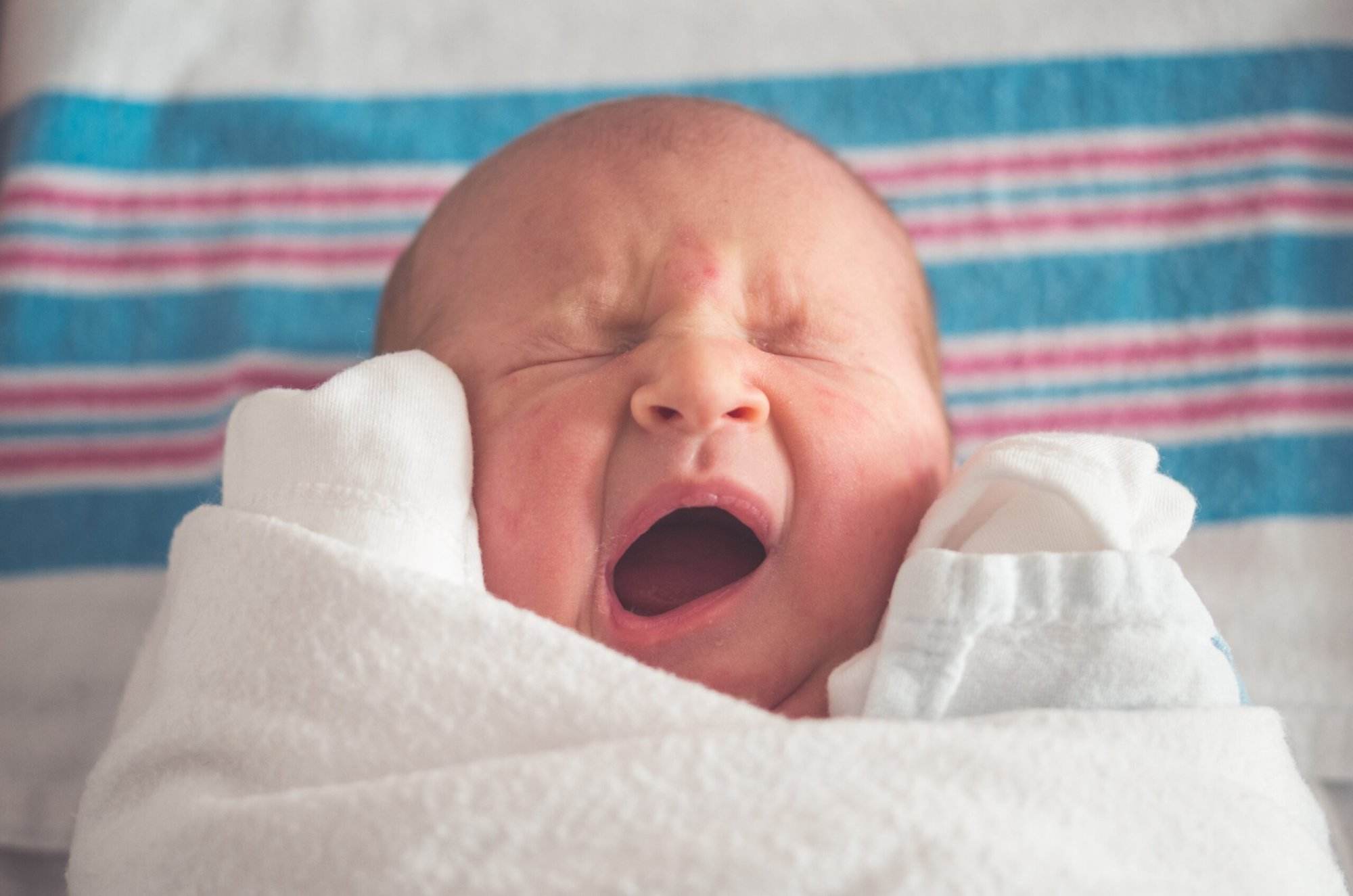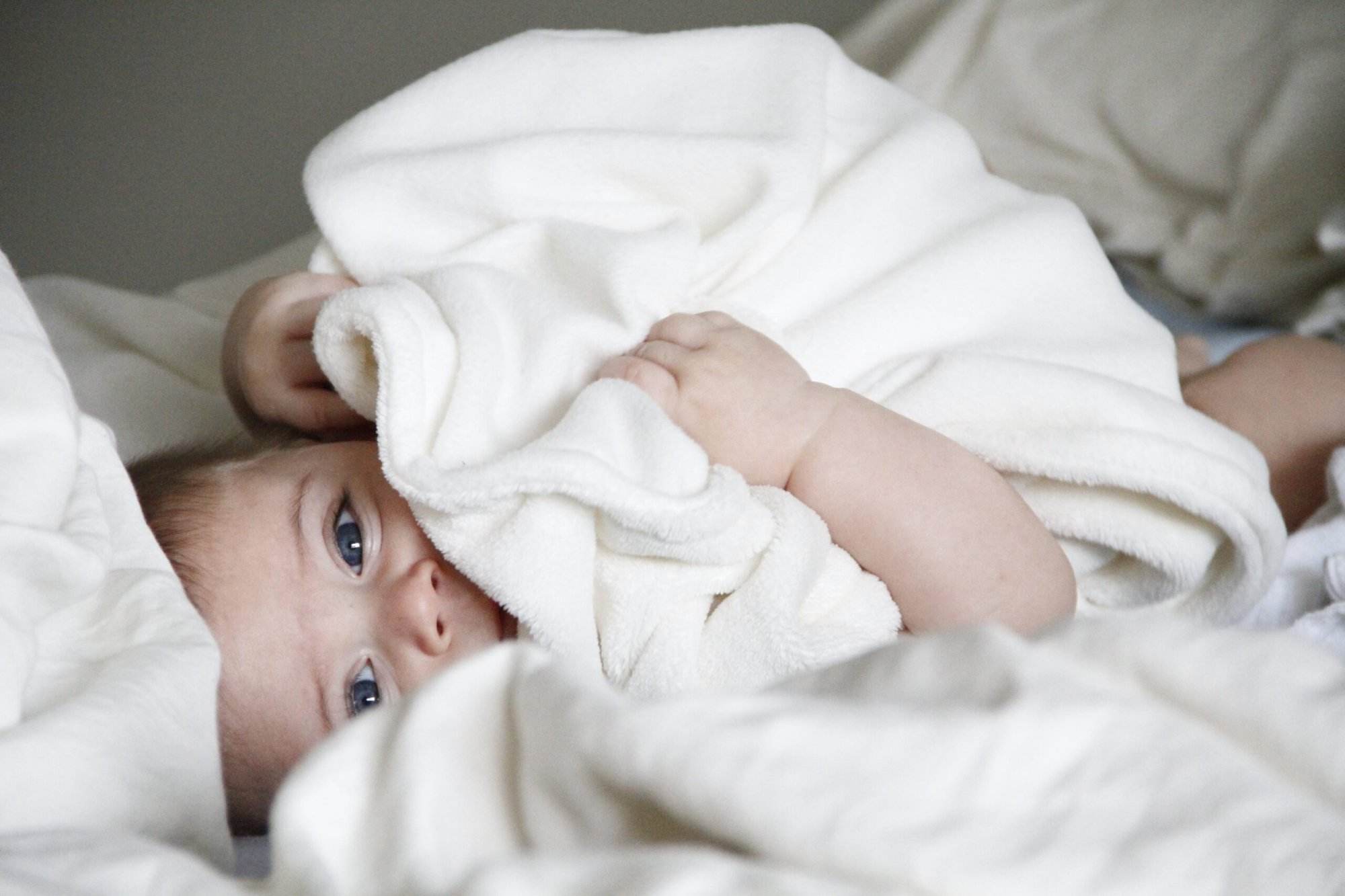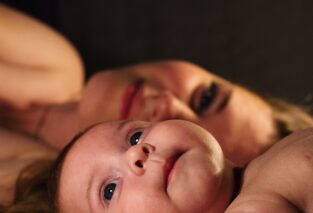In this article, we will address the question that many parents have been asking – can a baby sleep in a car seat overnight? As a parent, you want to ensure the safety and comfort of your little one, especially when it comes to their sleep. However, it’s essential to understand the potential risks and guidelines associated with using a car seat for extended periods. Join us as we explore this topic and provide you with the information you need to make informed decisions for your child’s well-being.
The importance of safe sleep for babies
Babies spend a significant amount of time sleeping, which is essential for their growth and development. As a parent or caregiver, ensuring that your baby sleeps safely is of utmost importance. Safe sleep practices not only reduce the risk of Sudden Infant Death Syndrome (SIDS) and other sleep-related accidents but also promote optimal comfort and well-being for your little one.
Understanding the need for safe sleep practices
Safe sleep practices involve creating a safe sleep environment for infants, which includes choosing the right sleep position, using appropriate bedding, and eliminating potential hazards in the sleeping area. By understanding and adhering to safe sleep practices, you can protect your baby from potential harm and provide them with an environment conducive to healthy sleep.
Risks of improper sleep positioning
Improper sleep positioning can pose significant risks to infants. Placing a baby on their stomach or side increases the chances of SIDS. The American Academy of Pediatrics (AAP) recommends that babies sleep on their back to reduce this risk. Additionally, placing pillows, blankets, or other soft objects in the crib can increase the risk of suffocation or strangulation.
The role of car seats in safe sleep
Car seats are designed to keep babies safe while traveling in a vehicle. However, their use for overnight sleep raises concerns about the safety and comfort of the baby. It is important to understand the factors to consider when using a car seat for prolonged periods of sleep.
Factors to consider when using a car seat for overnight sleep
Age and development of the baby
The age and developmental stage of your baby play a crucial role in determining whether it is safe for them to sleep in a car seat. Newborns have underdeveloped neck muscles, making it more challenging for them to keep their airway open when in a seated position. It is generally recommended to avoid prolonged car seat sleep for newborns and infants under three months old.
Duration of sleep
The length of time your baby spends sleeping in a car seat is an important factor to consider. While brief periods of sleep during car journeys are generally safe, extended periods can increase the risk of breathing difficulties and potential oxygen deprivation. It is crucial to plan your trips and breaks carefully to ensure your baby gets adequate sleep in a suitable environment.
Angle and position of the car seat
The angle and position in which the car seat is reclined can affect the baby’s airway and breathing. Car seats should always be installed according to the manufacturer’s instructions and adjusted to the appropriate recline angle for safe sleep. Ensuring that your baby’s head is well supported and their chin is not resting on their chest is essential to maintain an open airway.
Safety considerations
When using a car seat for prolonged sleep, it is essential to prioritize safety over convenience. Always ensure that the car seat is securely installed and that the baby is properly fastened in the harness. Regularly check for any signs of discomfort or distress, such as overheating or difficulty breathing. Remember that baby car seats are not designed for unsupervised, overnight sleep, and using them for this purpose should be approached with caution.

Pros and cons of allowing a baby to sleep in a car seat overnight
Advantages of using a car seat for overnight sleep
One of the primary advantages of using a car seat for overnight sleep is convenience. It allows parents to easily transition their sleeping baby from the car to the house without waking them. This can be particularly useful when running errands or traveling long distances. In certain situations, such as camping or staying at a temporary location, a car seat may be the only available option for providing a safe sleep environment for your baby.
Disadvantages and risks of using a car seat for overnight sleep
While the convenience of using a car seat for overnight sleep may be appealing, it is important to consider the potential risks. Prolonged sleep in a seated position can cause misalignment of the baby’s spine, leading to discomfort. It can also lead to breathing difficulties, especially in young infants, due to their undeveloped neck muscles. Additionally, the restricted space and lack of proper support may increase the risk of positional asphyxiation, where the baby’s airway becomes compromised.
Alternatives to using a car seat for overnight sleep
Crib or bassinet options
If possible, it is recommended to provide a separate sleep space for your baby, such as a crib or bassinet. These sleep environments are specifically designed to meet the safety needs of infants, offering a flat, firm surface and minimal bedding to reduce the risk of suffocation. Investing in a crib or bassinet can provide a safe, comfortable, and more suitable sleeping arrangement for your baby.
Co-sleeping with appropriate precautions
Co-sleeping, when done safely and with appropriate precautions, can be a viable alternative to using a car seat for overnight sleep. If you choose to co-sleep, ensure that the mattress is firm, free from pillows or blankets, and that the baby is placed on their back without any obstructions. It is crucial to follow the recommended guidelines and prioritize your baby’s safety during co-sleeping.
Transitioning from car seat to crib
If your baby has been sleeping in a car seat, it is important to gradually transition them to a crib or bassinet for overnight sleep. Begin by placing the car seat inside the crib for a few nights, allowing your baby to adjust to the new sleep setting. Slowly remove the car seat and encourage your baby to sleep directly in the crib, ensuring a smooth and safe transition to a proper sleep environment.

Tips for ensuring safe sleep in a car seat
Monitoring the baby during car seat sleep
If your baby must sleep in a car seat, it is crucial to remain vigilant and monitor them closely. Regularly check on your baby by looking for signs of distress, discomfort, or compromised breathing. Avoid using heavy blankets or excessive clothing that could lead to overheating. Keep an eye on their position, ensuring their head is well-supported, and that their airway remains open.
Adjusting the car seat for optimal safety and comfort
To ensure optimal safety and comfort for your baby, it is important to adjust the car seat correctly. Follow the manufacturer’s instructions for installation, recline angle, and harness adjustment. Double-check that the harness is snug but not too tight, allowing proper airflow and movement. Proper adjustment of the car seat will help minimize the risk of breathing difficulties or discomfort during sleep.
Creating a sleep-friendly environment
Even when using a car seat for sleep, it is essential to create a sleep-friendly environment. Shield your baby from direct sunlight and excessive noise by using shades or a car seat canopy. Maintain a comfortable temperature inside the car by using appropriate ventilation or climate control. By ensuring a calm and soothing environment, you can help facilitate better sleep for your little one.
Expert opinions and recommendations
Pediatricians’ advice on car seat sleep
Pediatricians generally advise against using a car seat for extended periods of sleep. They caution that prolonged sleep in a seated position can compromise the baby’s airway and increase the risk of breathing difficulties. Pediatric professionals emphasize the importance of providing a safe sleep environment, such as a crib or bassinet, to reduce these risks.
Studies and research on the topic
Numerous studies have explored the risks and safety implications of using car seats for sleep. Research has highlighted the potential dangers associated with prolonged car seat sleep, including positional asphyxiation and a higher risk of oxygen desaturation. These studies further support the need to prioritize safe and appropriate sleep environments for infants.
Organizations’ guidelines and statements
Prominent organizations, such as the American Academy of Pediatrics (AAP) and the National Institute for Health and Care Excellence (NICE), provide guidelines and statements regarding safe sleep practices for infants. They consistently advocate for placing babies on their back to sleep in a crib or bassinet, avoiding the use of car seats or other seating devices for prolonged sleep, and closely monitoring infants during sleep to ensure their safety.

Frequently asked questions
Is it safe for a baby to sleep in a car seat?
While car seats are designed to keep babies safe during travel, they are not intended for prolonged, unsupervised sleep. The inclined position, combined with restricted space and potential breathing difficulties, pose risks to the baby’s safety. Whenever possible, it is recommended to provide a separate sleep environment, such as a crib or bassinet.
How long can a baby sleep in a car seat?
Brief naps during car journeys are generally considered safe. However, it is important to limit the duration of sleep in a car seat. Prolonged periods of sleep, especially overnight, increase the risk of breathing difficulties and oxygen deprivation. It is recommended to plan your trips and breaks carefully, ensuring your baby gets adequate sleep in a suitable environment.
Can a newborn sleep in a car seat overnight?
Newborns have underdeveloped neck muscles, which can make it challenging for them to keep their airway open when in a seated position. It is generally recommended to avoid prolonged car seat sleep for newborns and infants under three months old. Providing a flat, firm sleep surface, such as a crib or bassinet, is the safest option for newborns to sleep.
What are the risks of a baby sleeping in a car seat?
The risks of a baby sleeping in a car seat include compromised airway and breathing difficulties, positional asphyxiation, increased risk of SIDS, and misalignment of the baby’s spine leading to discomfort. These risks are more significant for young infants and those with specific health conditions. It is important to prioritize your baby’s safety and provide them with a suitable sleep environment.
Conclusion
Ensuring safe sleep for babies is of paramount importance for their well-being and development. While car seats serve as invaluable tools to keep babies safe during travel, they should not be used as a substitute for a proper sleep environment. Understanding the risks involved and considering alternative options, such as cribs or bassinets, will help provide your baby with the safest and most comfortable sleep experience. Prioritizing safe sleep practices based on expert advice and research is key to promoting optimal health and safety for your little one.






